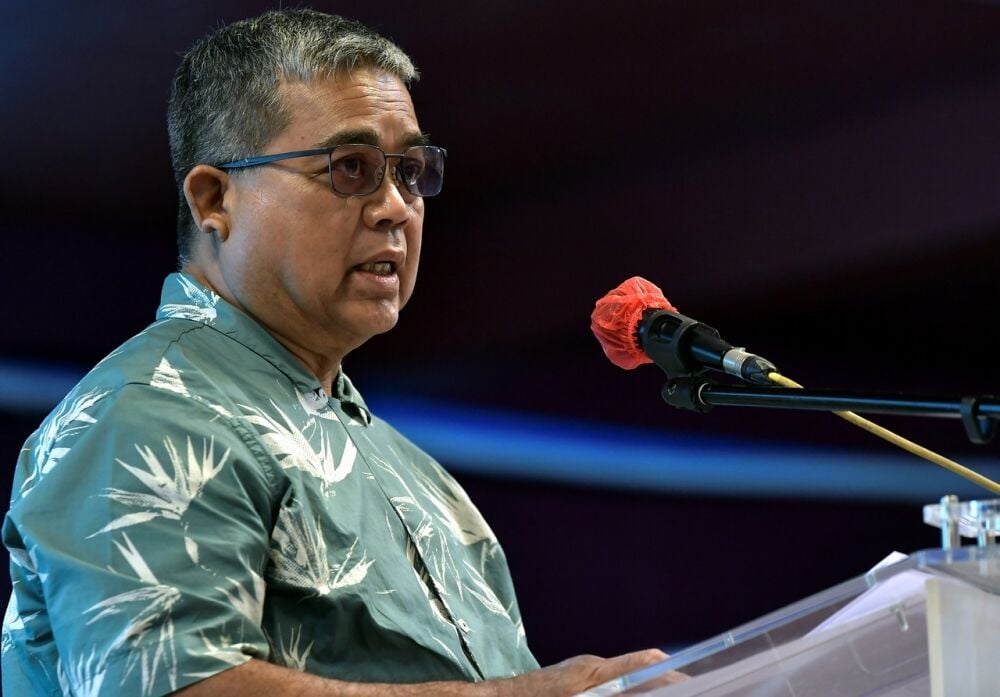National Unity Index Survey to assess Malaysia’s multi-racial unity

The Ministry of National Unity in Malaysia is set to conduct the National Unity Index Survey (IPNas) for the third time this year, aiming to evaluate the unity levels among the nation’s diverse racial communities. The IPNas, which was carried out in collaboration with the Institute of Ethnic Studies (Kita) and Universiti Kebangsaan Malaysia (UKM) last year, demonstrated an increase in national unity levels from 0.57 in 2018 to 0.62.
National Unity Minister Aaron Ago Dagang explained that the rise in unity levels among the multi-racial society in the country is a positive sign, and with the new slogan “Unity Government and Malaysia Madani,” there is an opportunity to enhance unity further. The minister added that a unity framework has been developed, focusing primarily on culture and community, while leaving economic and legislative aspects to the relevant ministries.
Aaron expressed hope that the upcoming IPNas will reveal a continued increase in unity levels, in line with the establishment of the Unity Government led by Prime Minister Anwar Ibrahim. To achieve this, the government plans to reintroduce various programmes such as “Program Semarak Kenegaraan,” “Program Semarak Perpaduan,” and “Program Semarak Rahmah” to strengthen unity among Malaysians.
“‘Semarak Kenegaraan’ includes reciting the Rukun Negara pledge. In the past, it was often practised at the school level but after that it dissipated, so we want to bring that back,” Aaron said. He also mentioned that “Semarak Perpaduan” is similar to the “Unity Walk” programme, while “Semarak Rahmah” aims to unite people of all races in one community through joint activities at the Rukun Tetangga Community (KRT) level.
Commenting on the recent “Ramah Tamah Uniti Kaamatan dan Gawai 2023” programme held in Johor, Aaron stated that it symbolises the unity of the multi-racial society in Malaysia. He praised the spirit of the Johoreans who emphasise togetherness and belonging in accepting cultural diversity in Malaysia. The minister also highlighted that many Sabahans and Sarawakians reside in Johor, and such celebrations are held to honour those who cannot return to their hometowns to celebrate their festivals.
Latest Thailand News
Follow The Thaiger on Google News:
























